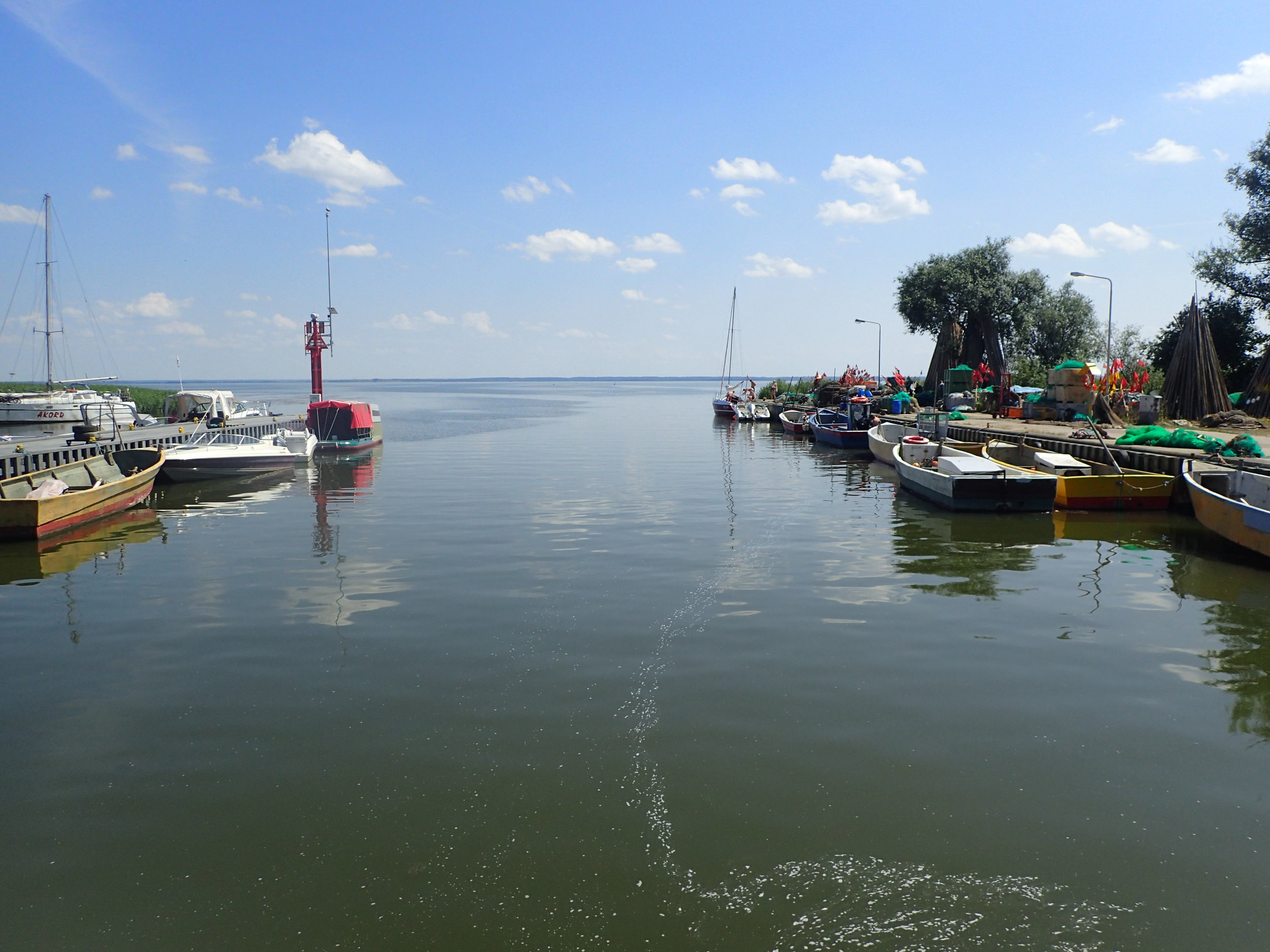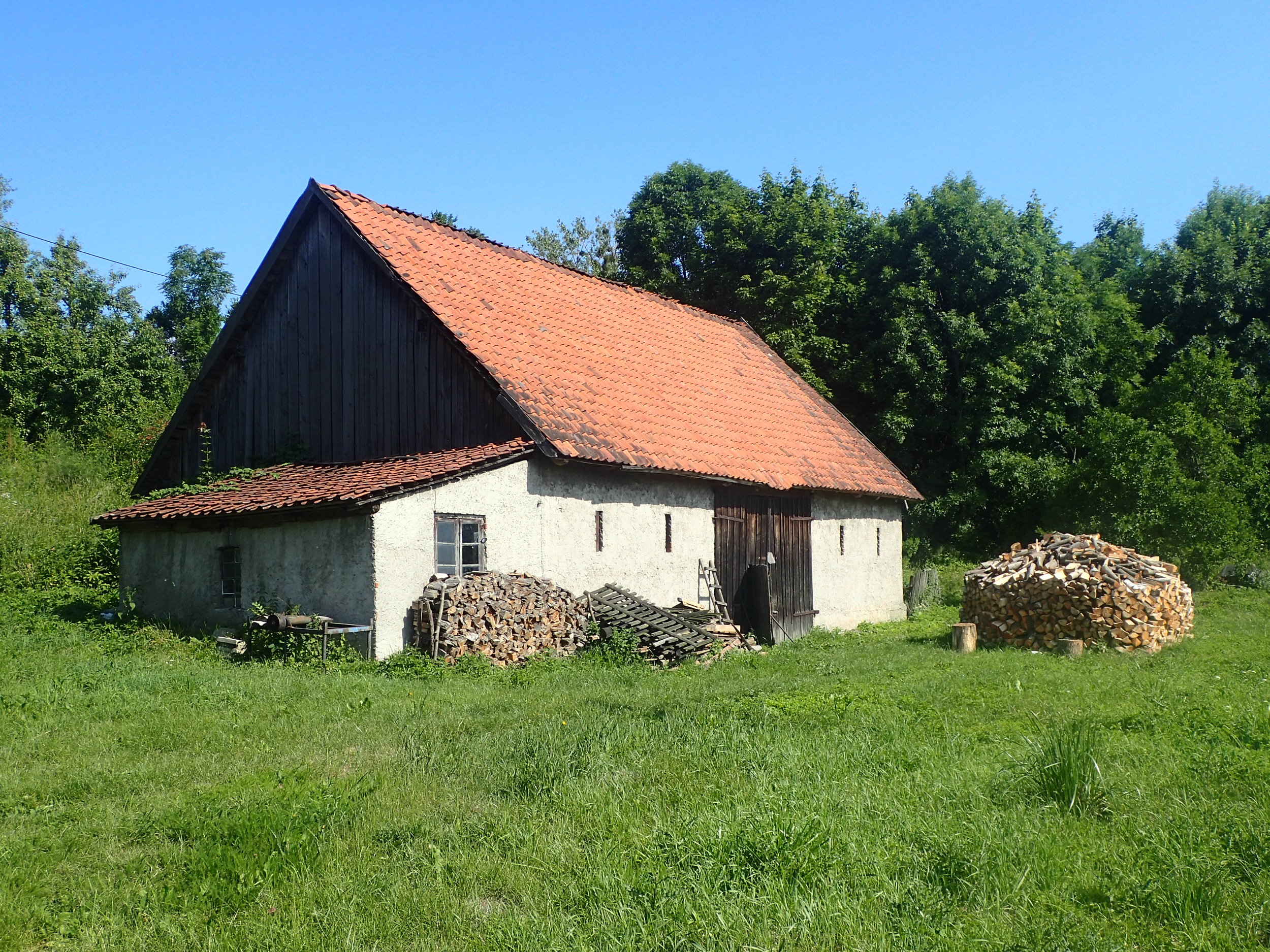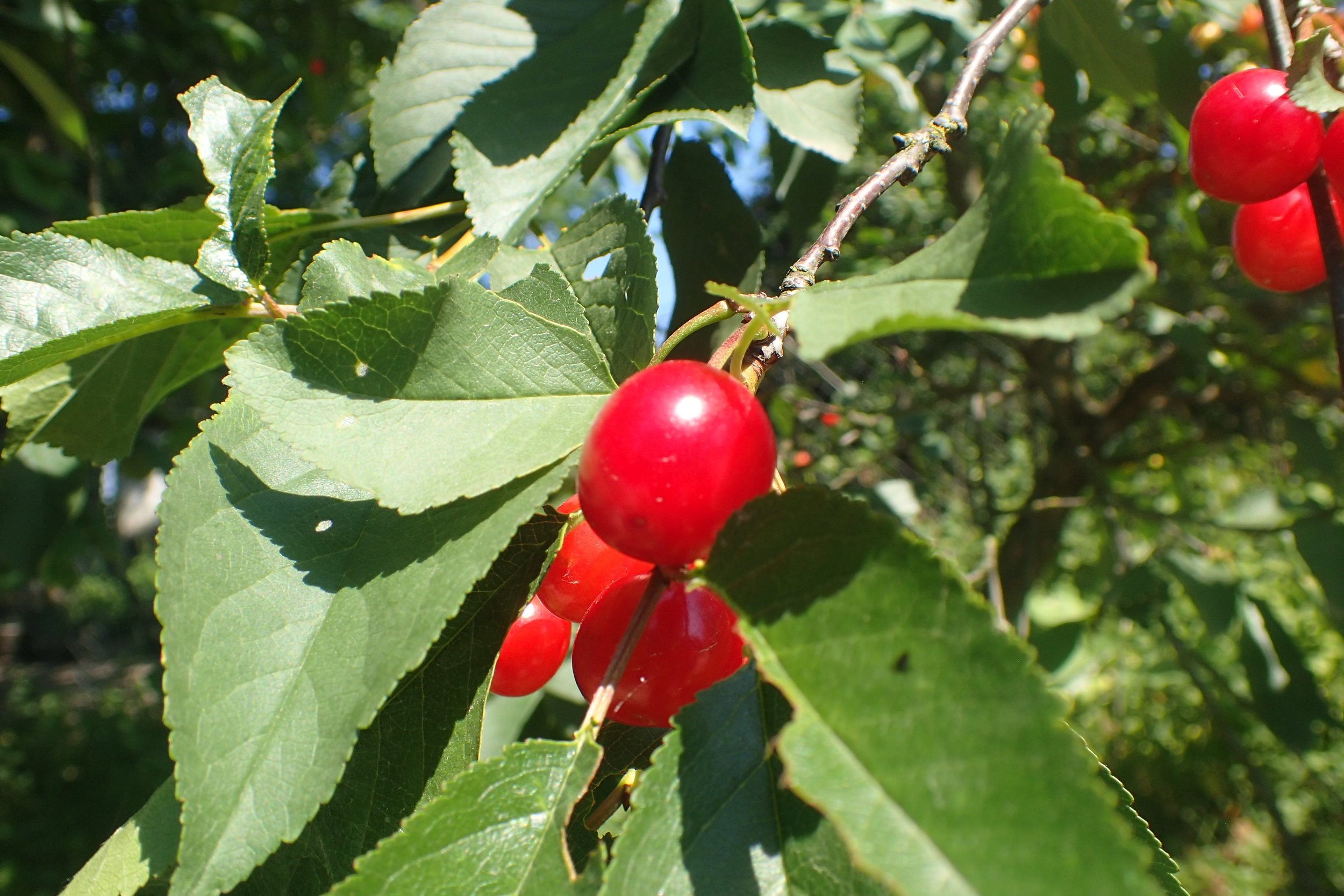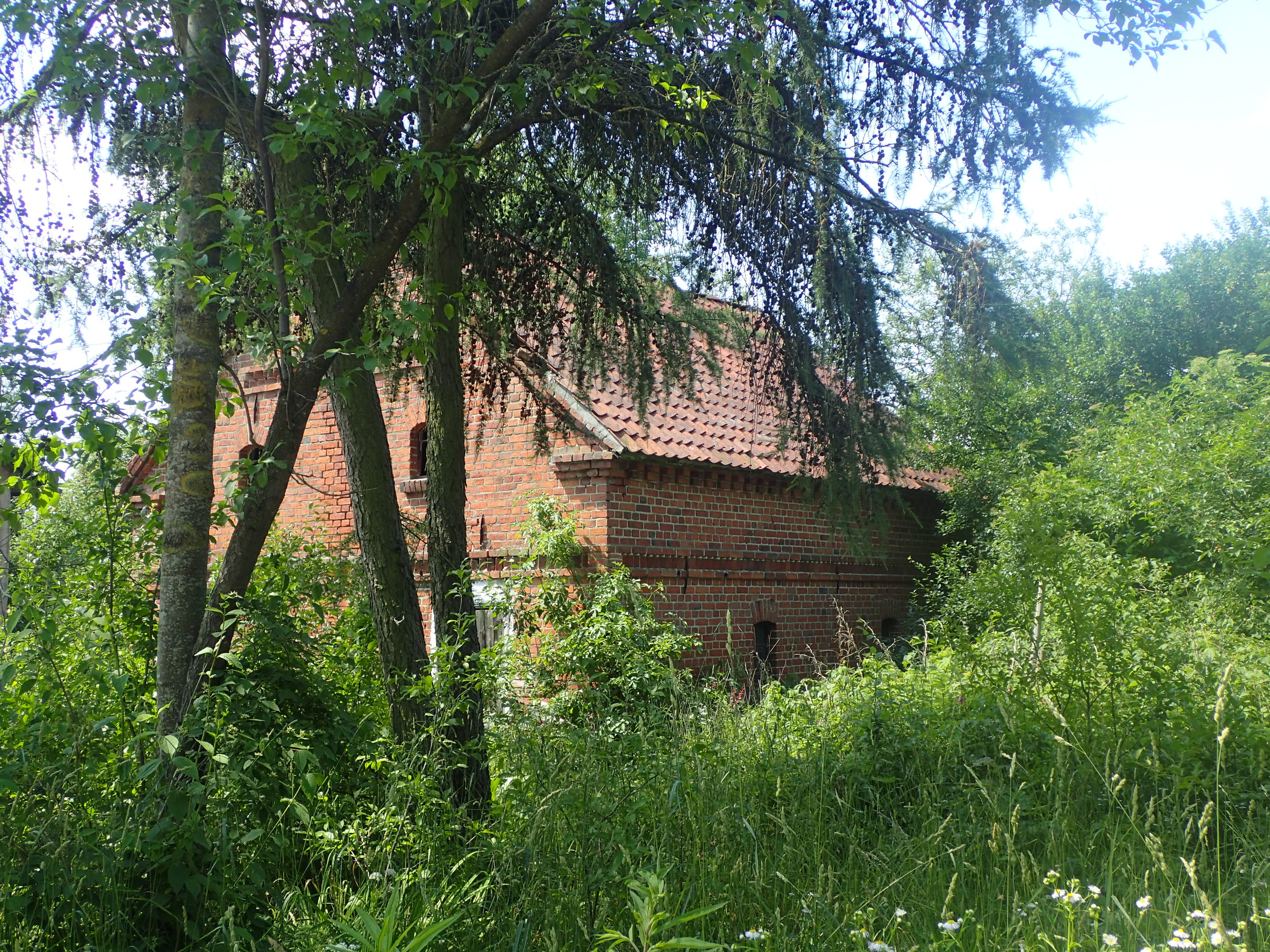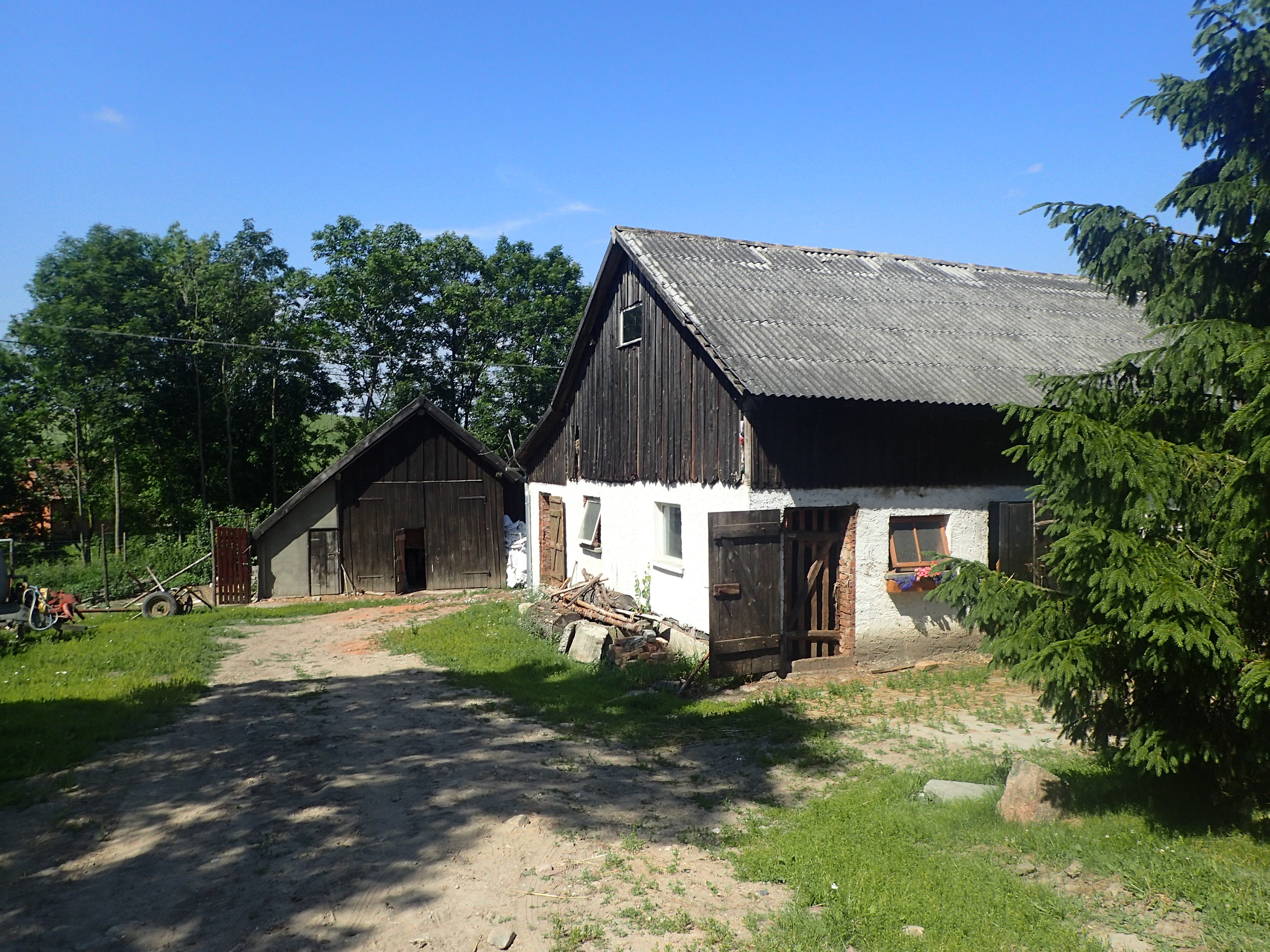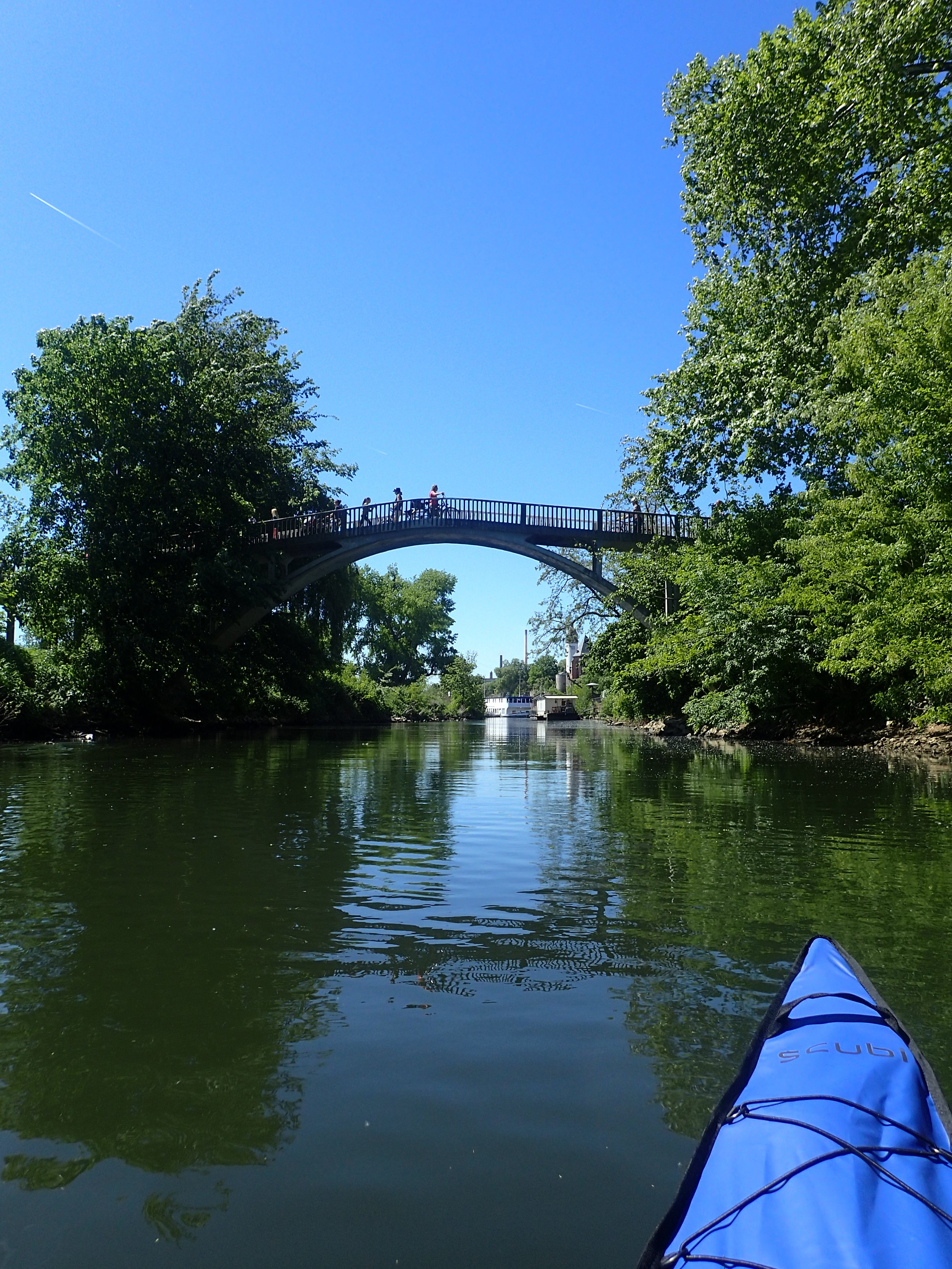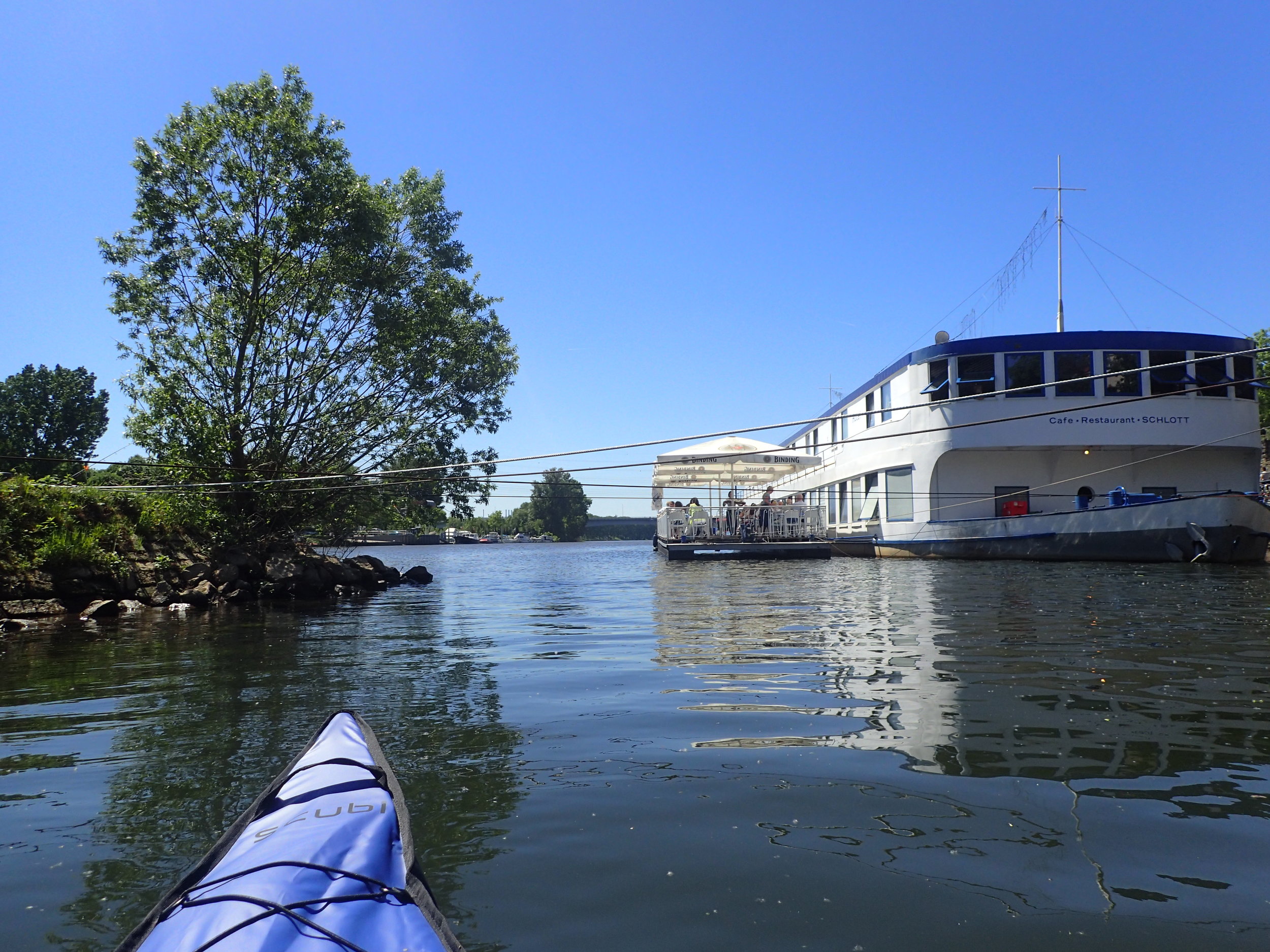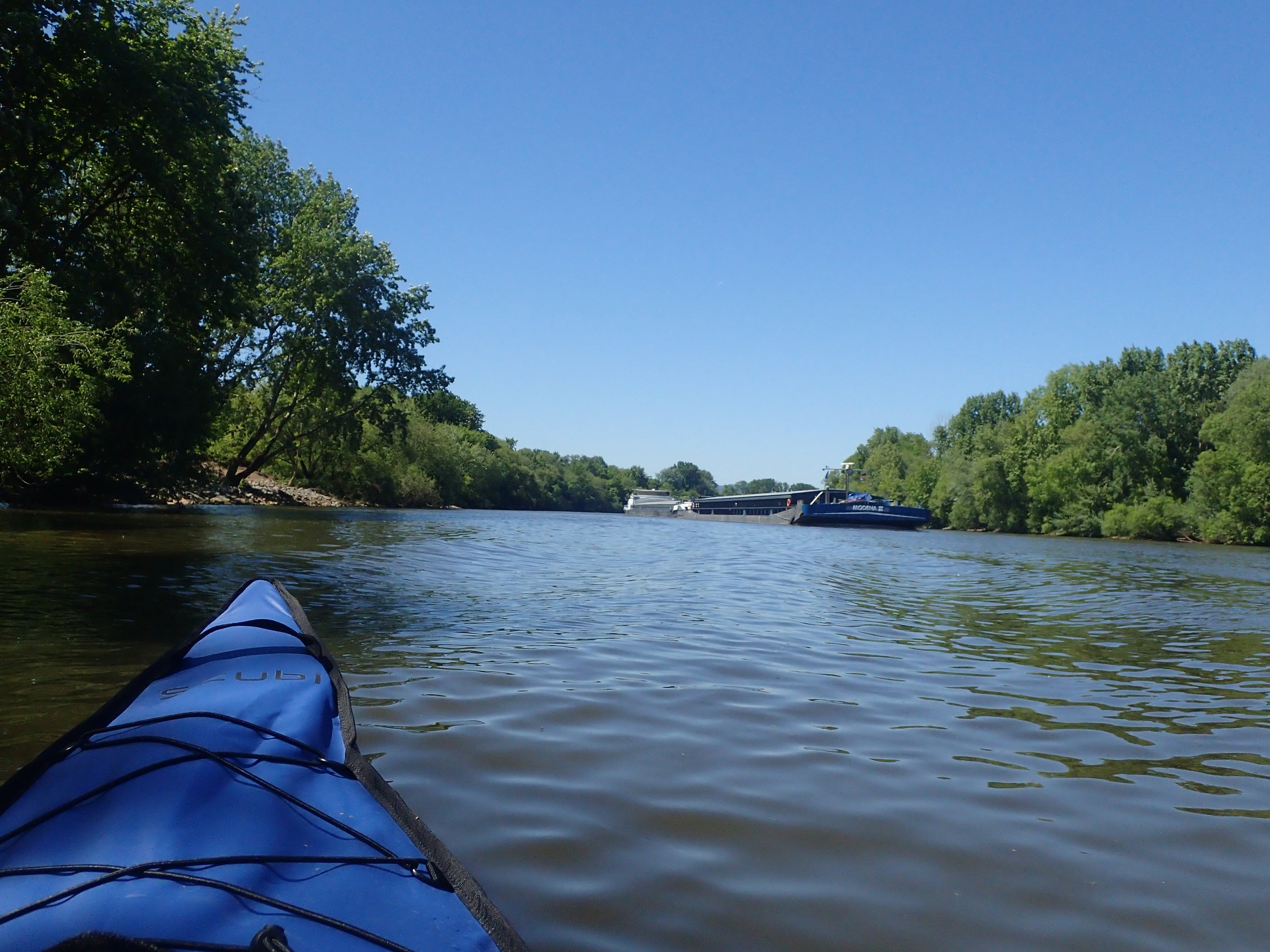I love the Westerwald forest and the rivers. But for 9 years I had to decent to the Lyceum in the small town of Neuwied. We call it Gynmasium, and it is the traditional school track to prepare you for University following 4 years of primary school. Every day I walked or cycled along the Wied river and then the upstream direction of the Rhine river. It took about an hour to walk one way, and back in the afternoon. The rest of the day I spent "hiding" in the countryside and forest before the next morning I had to decent again - 6 days a week. There was nothing exceptionally wrong with the school, in my view. Even though only a few teachers were good. Sometimes there were retired Nazis making some pocket money to top up their pension, church bred Latin and history teachers, or fluffy 1968 students which had concluded in the shades of the upraises that nothing really matters. We had the first wave of immigrants from Russia, which were usually of German origin and have been deported by Stalin into Siberia. Some of them became dear friends and others got fame for the brutality with which they resolved conflict. Knifes, chains, Nunchaku and even guns were daily toys. Then came the unfortunate, but very smart, Iranians, fleeing the revolution. As I was banned from religious studies, like them, we got along quite well. Neuwied once was famed for the highest German crime rate per capita. It does shape your attitude to what you can expect from people.
As a teenage boy in Neuwied there were just three ways to choose for your life: 1) degenerate to the equilibrium, 2) go to Waffen Walter (the local gun shop) and put a 9 mm Parabellum bullet through your head, or 3) fight your way out. As 2 is always an option, I decided for 3 as a start. Home was also not much of a help either. Neuwied was the anti-model for everything. Then I was drafted into the Army. Next anti-model. And last but not least, let's not forget the church. Acting people. nothing but an anti-model.
Luckily there was short wave radio, first a receiver, then an (illegal) transceiver which connected me with the world. Then there was the school library and a local museum. Once I picked up a copy of the National Geographic Magazine at the train station, an unsold copy and the shop owner sent the title page back to the publisher for refund. But he gave all other pages to me. My conclusion was that no matter which direction you go away from Neuwied, it can only get better. And very luckily, I had excellent Math, Physics, English, Biology and Geography teachers. I owe them a lot. My French teacher was also good. But I did not appreciate it at the time. Communication changed since the short wave time, but still short wave radio remained a symbol of freedom for me. I met a Soviet run-away in the South China Sea, who was just the same. The other symbols of freedom remained also. That maybe the heritage of a refugee family. I think, one day I have to talk to today's refugees to tell them what not to do to their children.
Today, my sister and I decided to go these paths one more time. The beauty of the fields, forests and rivers is unchanged. But the city of Neuwied became an even more depressing place. Where the former bookshop was, now resides a discount store. People are fat and dull. Teenage women are pregnant at the side of a tattoed male creatures. Then the perceived age demographic grows exponentially. Like there is nothing between the young proletarian and grandparents. A bit like a small German version of Manchester, Wolverhampton or Glasgow. Shops are closing. The streets are littered and under construction. The Rhine river, which I love, runs through filth. And I was reminded of the donkey in the Grimm fairy tale Bremer Stadtmusikanten (Bremen Town Musicians) when he convinced his followers to join the journey: "Join me. Something better than death you will find everywhere."
That's my home. Good we were born in a time, we still had the courage to run away from it and hide in the forest.


























